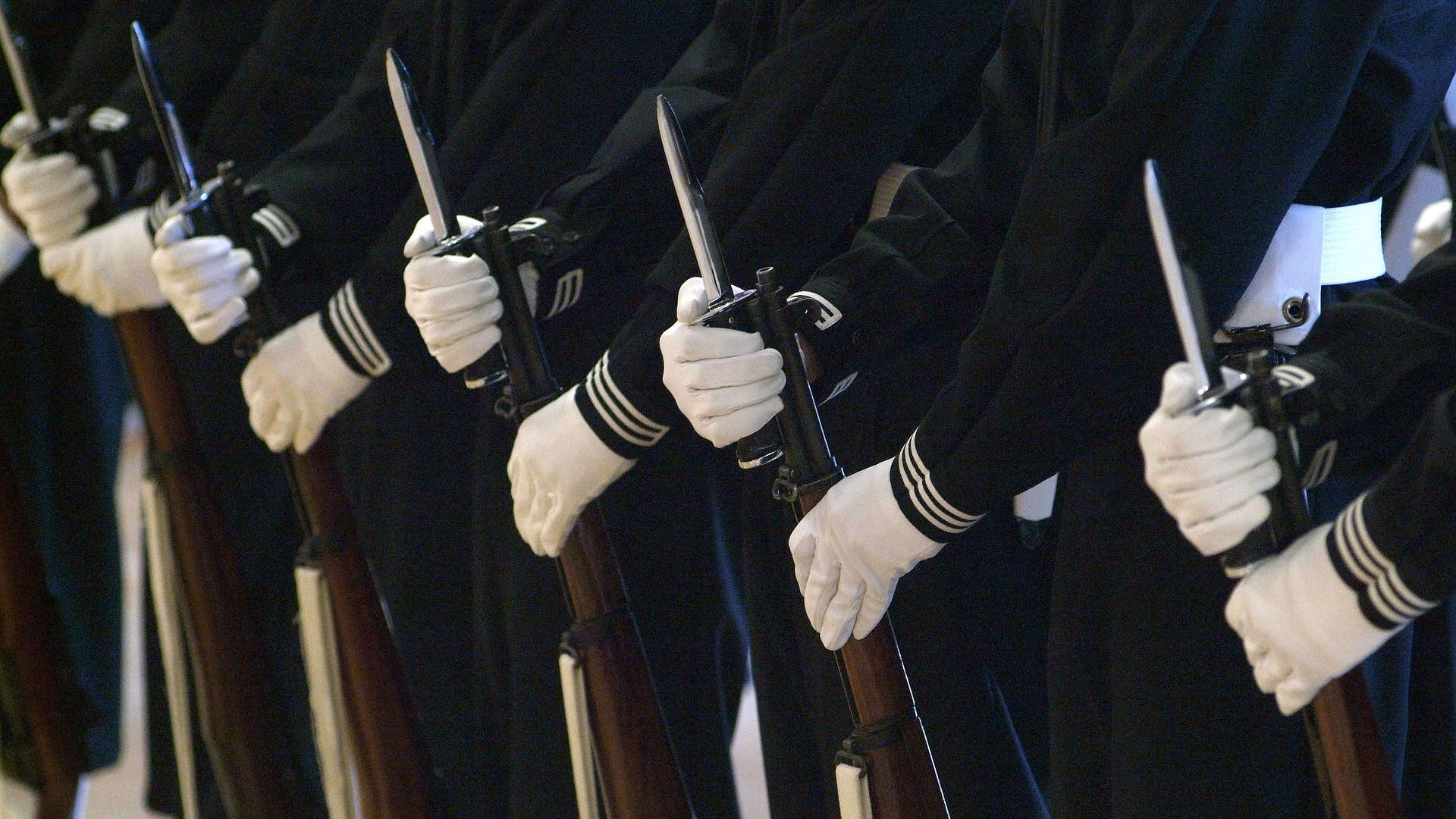
The military origin of these common English phrases may take you by surprise. Learn where ‘blockbuster’, ‘moaning Minnie’ and other sayings come from.
Blockbuster
Meaning: An extremely popular, successful and/or expensively produced movie or book.
Example of use: To date, the movie Avatar is the highest-grossing blockbuster of all time.
Original meaning: During the Second World War, high explosive (HE) bombs called ‘blockbusters’ were used in British air raids on Germany. These bombs could destroy entire buildings (‘blocks’).
Moaning Minnie
Meaning: A person who complains a lot, distracting others.
Example of use: Don’t be a moaning Minnie; just get on with it.
Origin: ‘Minnie’ is the anglicised abbreviation of minenwerfer, an explosive German trench mortar during the First World War. The weapon made a loud whining sound as it passed overhead. During the Second World War, the term ‘moaning Minnie’ was used to describe air-raid sirens.
Stonking
Meaning: An adjective used to describe something impressive or intense.
Example of use: I’ve got a stonking hangover. OR: He lives in a stonking great house!
Origin: This adjectival use probably comes from the old British military term ‘stonk’, referring to an intensive bombardment.
Take someone down a peg (or two)
Meaning: To make someone feel less proud or important.
Example of use: That took him down a peg!
Origin: There are a couple of possible military or naval origins for this phrase. The first is related to the peg used to fly a ship’s colours. The lower the peg, the less impressive the ship’s military achievements. The second dates back to the tenth century, when English King Edred was angry at the amount his soldiers were drinking. Wanting to win battles against the Vikings with sober men, the king ordered pegs to be put into the side of ale barrels. Soldiers were forbidden to drink below the level of the peg in a single sitting. However, the wily soldiers got around this by drinking from others’ kegs, thereby ‘taking them down a peg or two’.
Toe the line
Meaning: To conform to a standard; to do as others do
Example of use: She has to learn to toe the line, or she’ll get the sack.
Origin: Sometimes mistakenly spelt ‘tow’, this phrase comes from inspection line-ups. The most likely origin is the wooden-decked Royal Navy ships during the late seventeenth or early eighteenth century. Barefooted seamen stood to attention, their toes up to the seams of the planks. Captain Basil Hall, who served in the Royal Navy from 1802, wrote about ‘toeing the line’ in his story about naval life, published in 1831. Military parade grounds also have lines marked, along which soldiers line up for inspection, their boots just touching the line.
Over to you
Do you know any other everyday words or phrases with a military origin? Drop them in the comments!
If you liked this post, you may enjoy the others in the series:
- Everyday English phrases with sporting origins
- Surprising origins of food-related phrases
- English words and phrases of (surprising) French origin
- Common English phrases involving animals
Thanks to Albert Jack’s Red Herrings and White Elephants and Harry Oliver’s March Hares and Monkeys’ Uncles for some of the source material for this article.
Disclosure: Some of the links on this page are affiliate links. This means, at zero cost to you, I will earn an affiliate commission if you click on the link and finalise a purchase. This helps me to keep this website running. I only recommend products and services that I trust and am comfortable endorsing. Find out more.









Leave a Reply